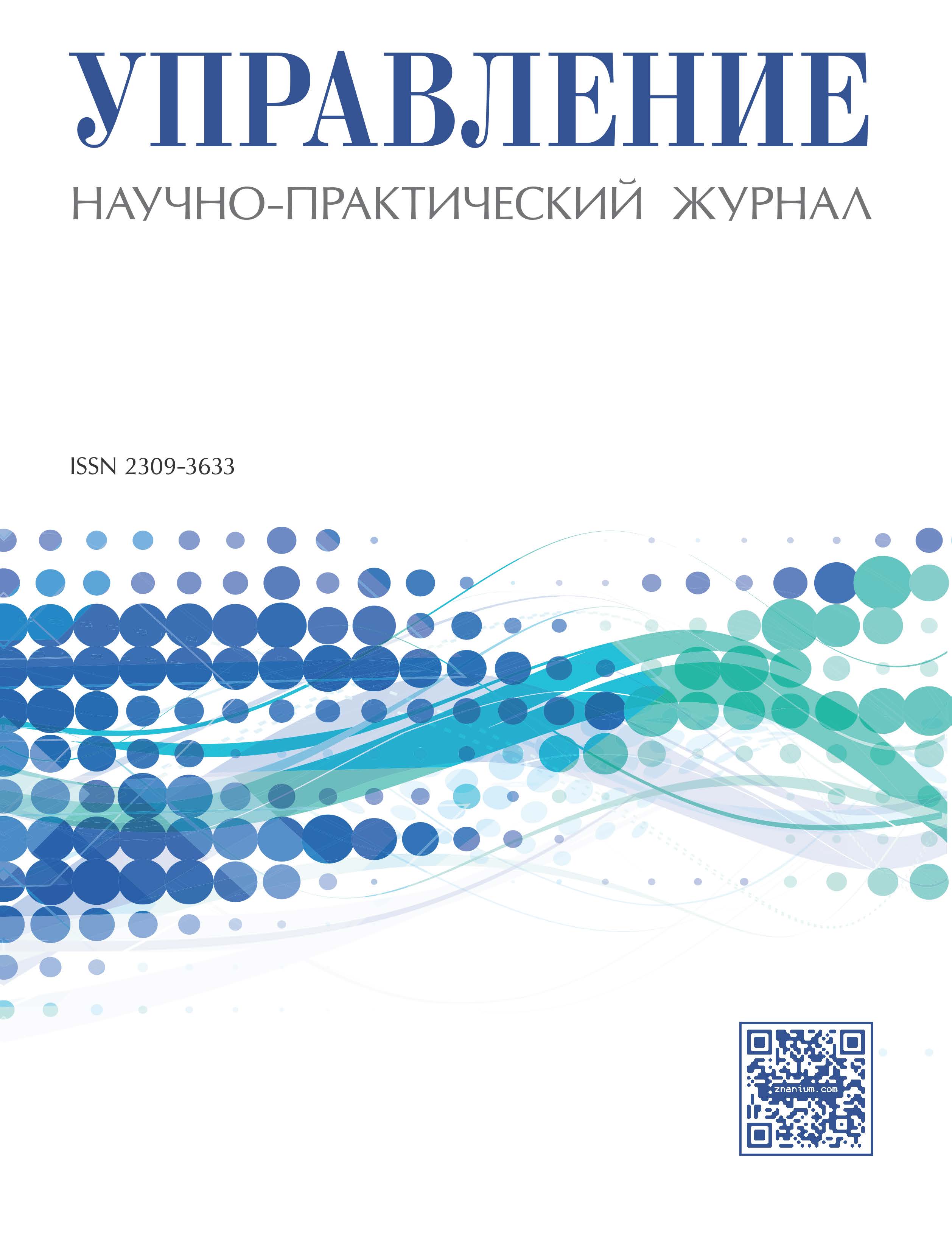The concept of business and the term entrepreneur are the key notions explaining the status of entities undertaking business in Poland. They have been defined in the Act on Freedom of Business Activity. According to these definitions, an entrepreneur is a person who conducts business for profit (including liberal professions), performed on their behalf in a continuous and organized way. The category of entrepreneurs is dominated by legal persons. Organizational units, which do not have legal personality, can also be entrepreneurs; these are called quasi-corporations. These include general partnerships and other partnerships. The greatest group of entrepreneurs includes natural persons conducting business activity either on their own or in a civil law partnership In addition to Polish nationals, foreign persons may also undertake business activity in Poland. Foreign persons from the European Union and associated countries may conduct business to the fullest extent, while persons from other countries may only do that to a limited extent. Entrepreneurs/natural persons are subject to register in the Central Register and Information on Economic Activity (CRIEA) held by the Minister of Economy. These entrepreneurs can take action immediately after application, even before their entry into the CRIEA. Other entrepreneurs — legal persons and quasicorporations — are entered in the National Court Register (NCR) held by registry courts. They may only undertake business activity after entry into the National Court Register. Both institutions apply the "one stop shop" scheme, allowing an entry to also include record and registration activities in other government offices.
business activity, entrepreneur, organizational unit, foreign person, register of entrepreneurs, business records, legal personality, legal capacity.
I. The idea of business concept and the concept of the entrepreneur
The basic concepts of Polish commercial law are defined in the Act on Freedom of Business Activity, commonly referred to as the Polish economic constitution [1]. The concept of the entrepreneur in Poland is defined based on the concept of business activity. In accordance with Art. 2 of the Act on Freedom of Business Activity, business activity is for-profit activity in manufacturing, construction, trade, and services as well as prospecting, exploration and extraction of minerals from deposits; and the professional activity carried out in an organized and continuous way. Under Art. 4 of the Act on Freedom of Business Activity, an entrepreneur is therefore a natural person, legal person or organizational entity without legal personality, whose legal capacity is recognized by a separate law, and who performs business activity on his/her own behalf. In light of these definitions, entrepreneurs are persons who conduct for-profit business activity (including liberal professions), performed on their own behalf in a continuous and organized way. The requirement of conducting business on one's own behalf eliminates holder of the commercial power of attorney, proxy or partner of a partnership from among entrepreneurs, since they always act on behalf of others [2]. However, literature often mentions the view that this is just another term for acting independently and on one's own account [3][4].
The dominant categories of entrepreneurs are legal persons. These include limited companies (limited liability companies, joint stock companies and European companies), state enterprises, cooperatives and cooperative societies, research institutes and mutual insurance companies. Entrepreneurs can also be organizational units that do not have legal personality. These are referred to as quasicorporations. Despite their lack of legal personality, these units have the legal capacity conferred by law. These include commercial partnerships, i.e. general partnerships, professional partnerships, limited partnerships and limited joint-stock partnerships. The same status is granted to the European Economic Interest Grouping and main branches of foreign insurance companies. The legal capacity and status of an entrepreneur is also given to companies in organizations, i.e. those that have already been established, but were not registered and therefore have not yet acquired legal personality [5].
The greatest number of entrepreneurs includes natural persons conducting business activity either alone or together with other natural, legal persons or quasicorporations under a civil law partnership. Civil law partnerships have no legal capacity, and therefore cannot be an entrepreneur. The persons within such partnerships are entrepreneurs. Nevertheless, the civil law partnership is a business entity and as such receives a unique identification REGON number. A civil law partnership is also subject to tax law and receives its own tax identification number (NIP) [6].
1. Gnela B., [w:] Prawo handlowe dla ekonomistów, red. B. Gnela, Warszawa 2012, s. 17.
2. Szydło M., Swoboda działalności gospodarczej, Warszawa 2005, s. 89-90.
3. Kosikowski C., Ustawa o swobodzie działalności gospodarczej. Komentarz, Warszawa 2009, s. 4.
4. Strzyczkowski K., prawo gospodarcze publiczne, Warszawa 2009, s. 223-224.
5. Kidyba A., Prawo handlowe, Warszawa 2005, s. 222.
6. Lic J., Spółka cywilna. Problematyka podmiotowości prawnej, Warszawa 2013, s. 599.
7. Etel M. Pojęcie przedsiębiorcy w prawie polskim i prawie Unii Europejskiej oraz w orzecznictwie sądowym, Warszawa 2012, s. 258-259.
8. Gnela B., [w:] Prawo handlowe dla ekonomistów, red. B. Gnela, Warszawa 2012, s. 26-27.
9. M. Modrzejewska, [w:] Prawo handlowe, red. J. Okolski, Warszawa 2008, s. 86.
10. Promińska U., [w:] Prawo cywilne i handlowe w zarysie, red. W. J. Katner, Warszawa 2009, s. 53-54.







